IAEA resolution criticizing Iran souring relations with agency
Since July 2015, when the Joint Comprehensive Plan of Action came into existence, Iran's nuclear programme has been open to inspections which have been described as unprecedented in the history of the International Atomic Energy Agency.
Under that agreement Tehran voluntarily chose to grant international inspectors easy access to its atomic sites well beyond its IAEA obligations.
The agency was also allowed to install many more surveillance cameras at various Iranian sites. The IAEA inspections in Iran accounted for over a quarter of all its monitoring activity around the world.
Despite the close cooperation, the International Atomic Energy Agency is, once again, accusing Iran of failing to cooperate.
This week, the IAEA Board of Governors passed a resolution critical of Iran. The resolution was sponsored by the United States, Britain, France and Germany. The agency says it is not satisfied with the answers Iran has provided to its probes of three sites.
The resolution has been described as a blow to the stalled talks between Iran and the P 4 + 1 group to revive the moribund 2015 deal.
The IAEA resolution criticizing Iran was passed amid an intensified Israeli lobbying campaign to derail diplomacy with Iran. Israel is a sworn enemy of the hard earned 2015 deal and makes no secret of its efforts to destroy it completely.
The Board of Governors of the IAEA passed this latest resolution just a few days after IAEA Director General Rafael Grossi visited Israel.
Iran is also highly critical of the IAEA for failing to even raise the issue of Israel's nuclear weapons programme during Gross's recent visit.
The atomic agencies credibility and impartiality are on the line as it seems to be yielding to pressure by nuclear armed Israel to mount pressure on Iran.
But I do agree that Iran has good reason to be angry with the resolution because it is an extension of the one rule for us and a different rule for you approach that's been taken by the IAEA with respect to Iran from the beginning of this entire issue.
Iran has the right to develop nuclear technology. Iran has complied with inspections.
And what appears to be the case here is that Israel and the United States are together attempting to restrict Iran's development as a nuclear power.
John Bosnitch, Journalist & Political Consultant
After years of unprecedented inspections in its nuclear sites, the Iranian government seems to be outraged by the IAEA censure, Iran's President Ibrahim Raeisi pledged that such measures will never force Iran to back down from its rights.
Meanwhile, head of the Atomic Energy Organization of Iran, Mohammad Eslami, said that it is unfortunate that the IAEA is being exploited by an illegitimate regime. He demanded the agency put a stop to infiltration by Iran's enemies in its operations.
As tensions between Iran and the agencies soared this week Tehran informed the International Atomic Energy Agency that it is disconnecting over two dozen surveillance cameras that were installed in Iran beyond the country's nuclear obligations.
Iran is also installing two new cascades of the IR6 advanced centrifuges at the Natanz atomic fuel production facility.
The Iranian atomic chief has said that Iran has provided accurate answers to all IAEA questions, but the agency lacks the will to declare Iran's answers convincing.
Iran argues that the IAEA focus on Iran is discriminatory because it accounts for only a small amount of global nuclear activity and is undergoing hundreds of inspections per year.
Negotiators from Iran and the P 4 + 1 have held a year of intense negotiations to try to find a way to restore the JCPOA; however, the talks have been stalled since March.
The latest episode between Iran and the IAEA could further complicate the negotiations. Observers believe that the IAEA is pushing things in the direction favored by Israel.
Well, I believe that the resolution which is primarily aimed at disrupting Iran's nuclear development programme is just part of a broader programme of regional hegemony on the part of Israel.
And this programme of regional hegemony has been supported by the United States in the past and, in fact, Israel was a prime mover in having the United States invade Iraq on the false pretence of weapons of mass destruction. I'm deeply concerned.
And I must say I'm far more concerned than the IAEA could be about Iran's nuclear development programme. I am much more concerned than that about the potential for Israel developing this issue, via its supporters in the United States, and via its own Israel lobby in America, to bring the entire region into a potential state of war.
John Bosnitch, Journalist & Political Consultant

US B-52 bombers in West Asia do not scare Iran
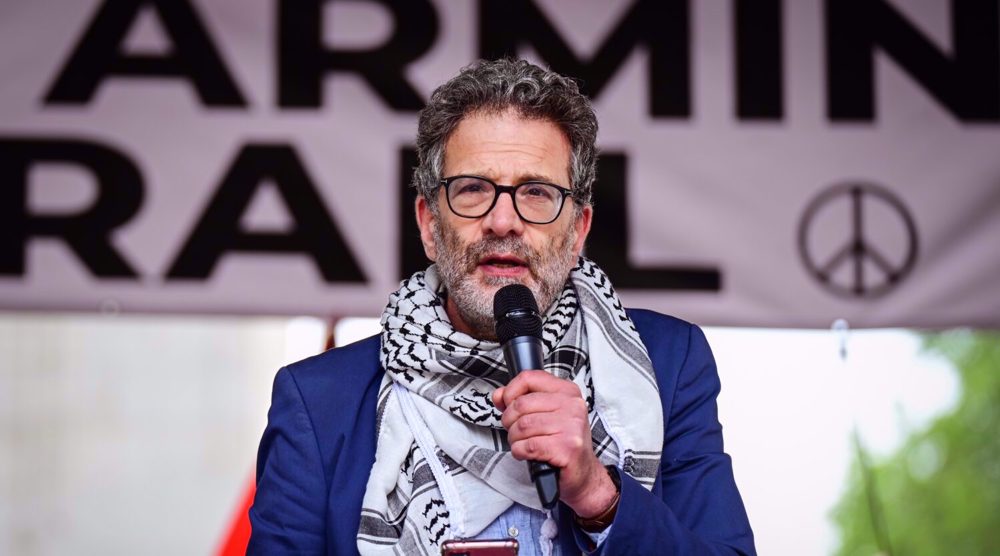
Palestine Solidarity Campaign director on trial

‘Doctors Against Genocide’ demands US Senate stop Trump
Australian senator smeared by anti-Iran groups for saying Iranian women 'have a voice'
Hezbollah's display of power proved resistance cannot be eliminated: Iran parl. speaker
Israel escalates West Bank raids as official says regime seeking to complete Gaza genocide
Palestinian man dies in Israeli prison as Foreign Ministry urges intl. probe into regime’s crimes
Putin says not opposed to Europeans’ involvement in Ukraine talks
VIDEO | Iranian Kurdish protesters demand European action against PKK, PJAK terror
VIDEO | Israel expands offensive in northern West Bank, deploys tanks to Jenin
VIDEO | Spaniards fill streets of Cádiz in solidarity with Palestine


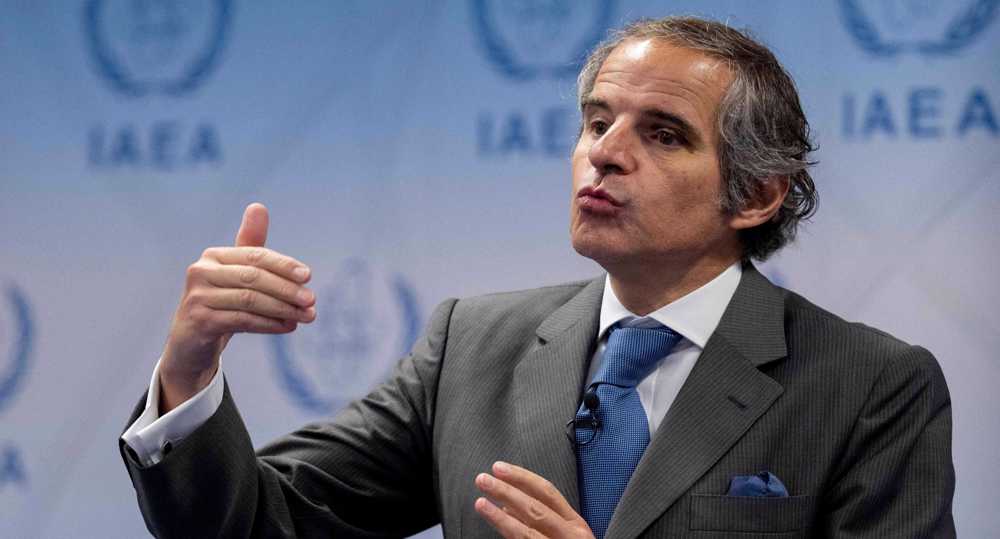
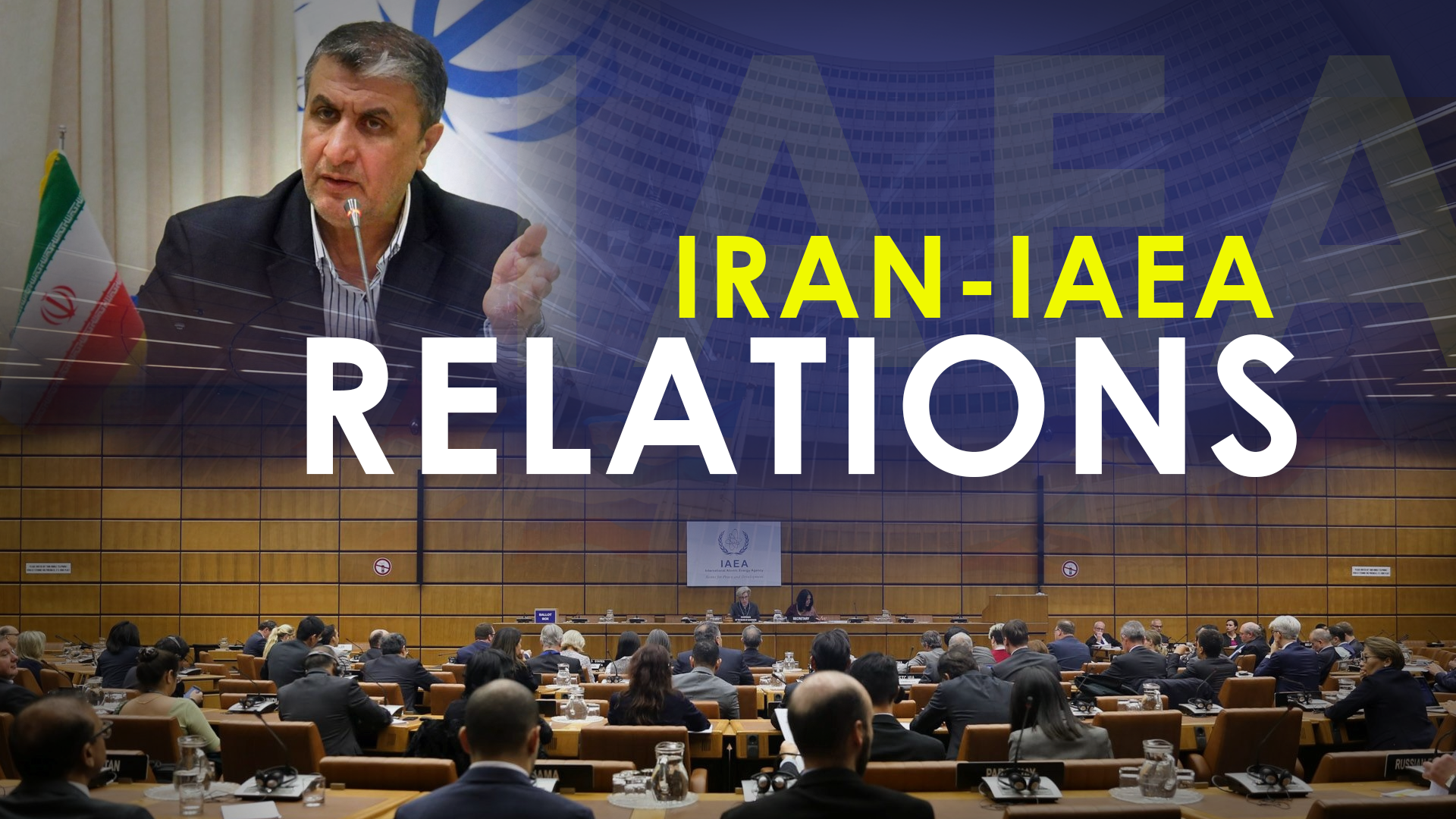
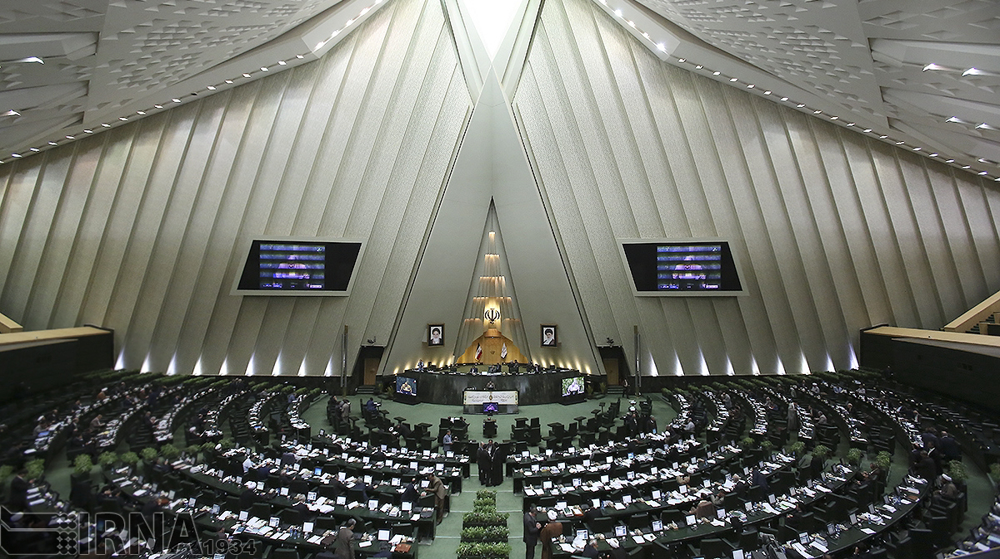
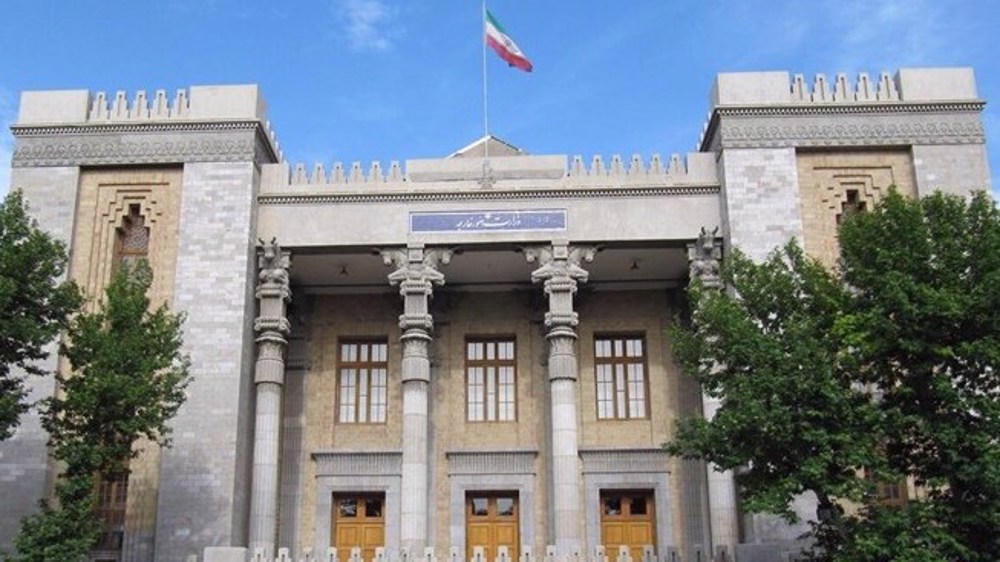
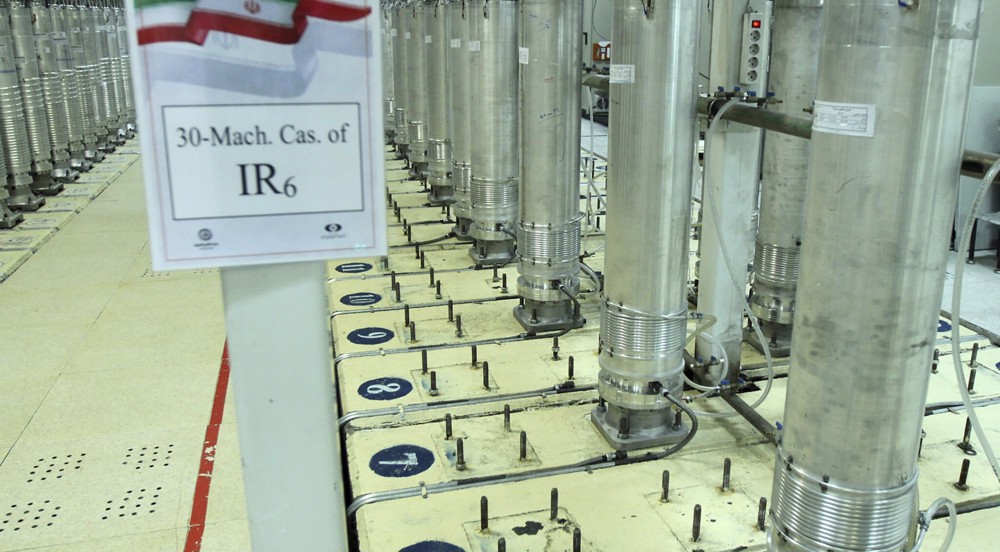
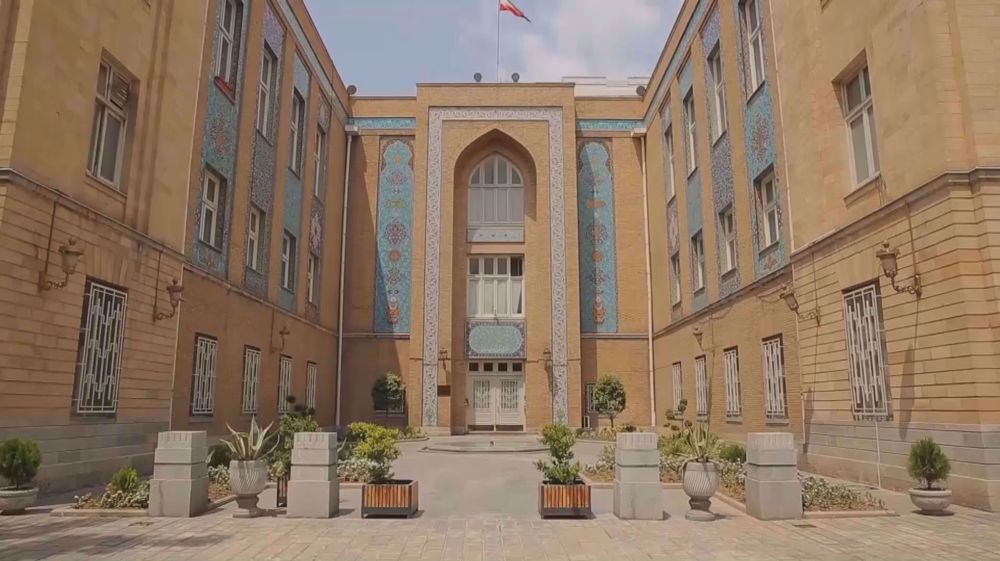
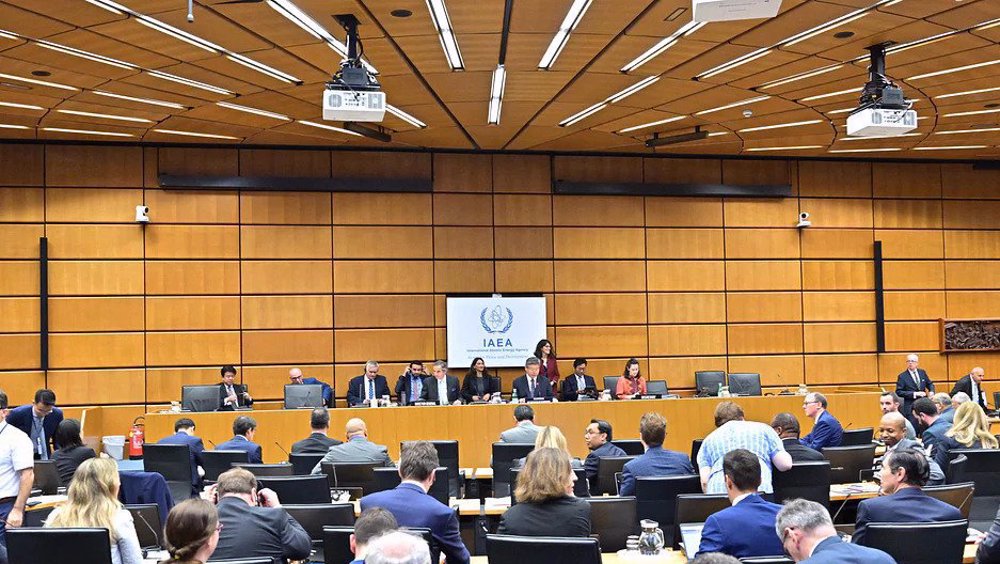



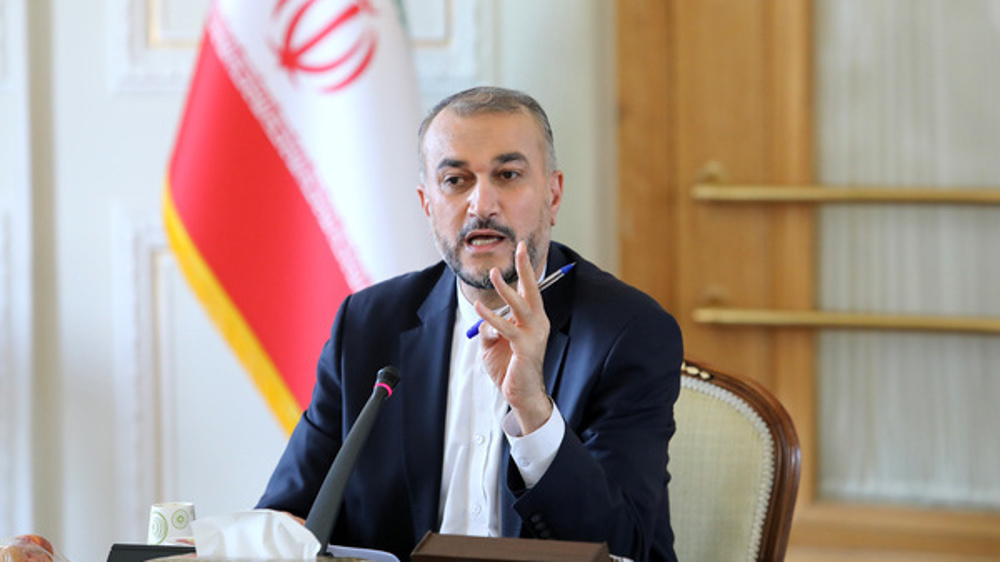
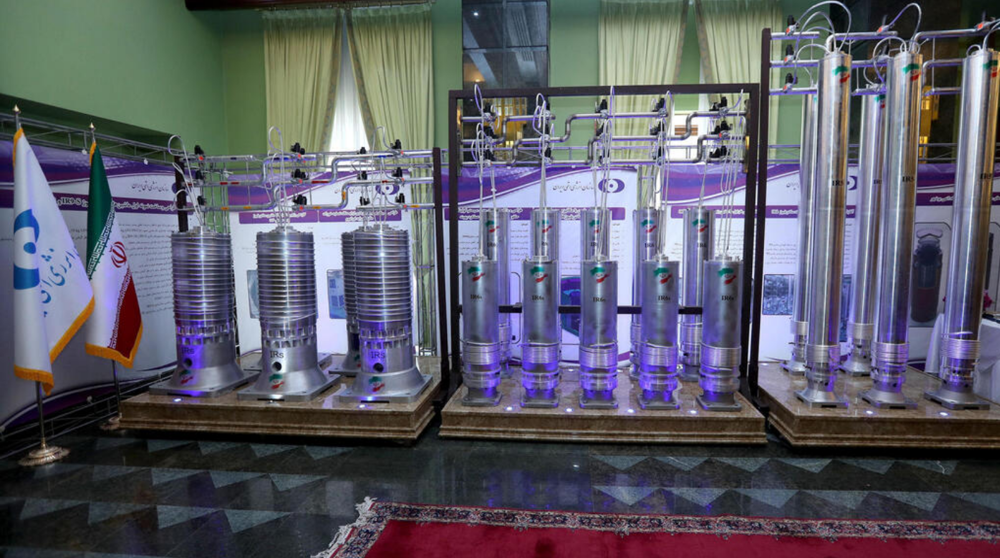
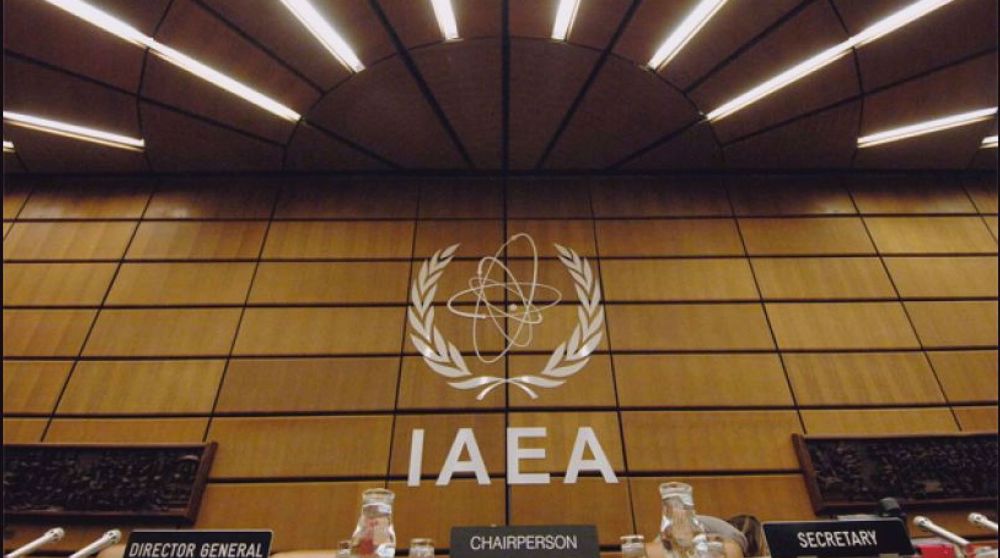
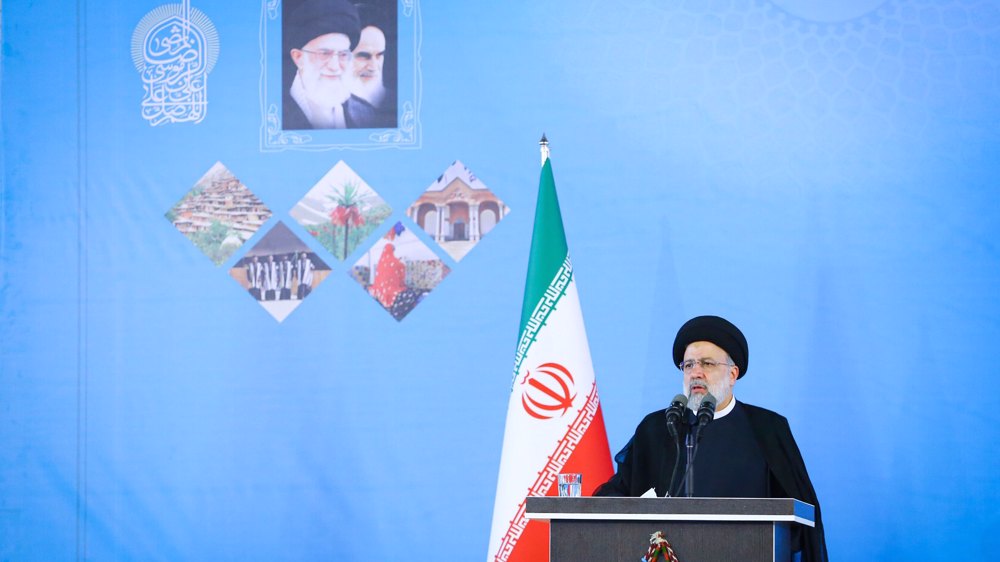
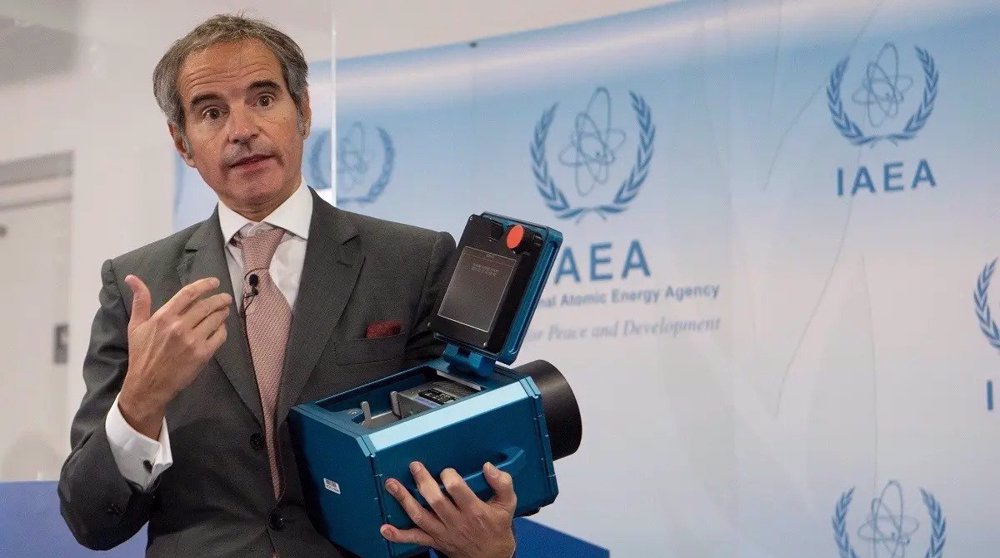
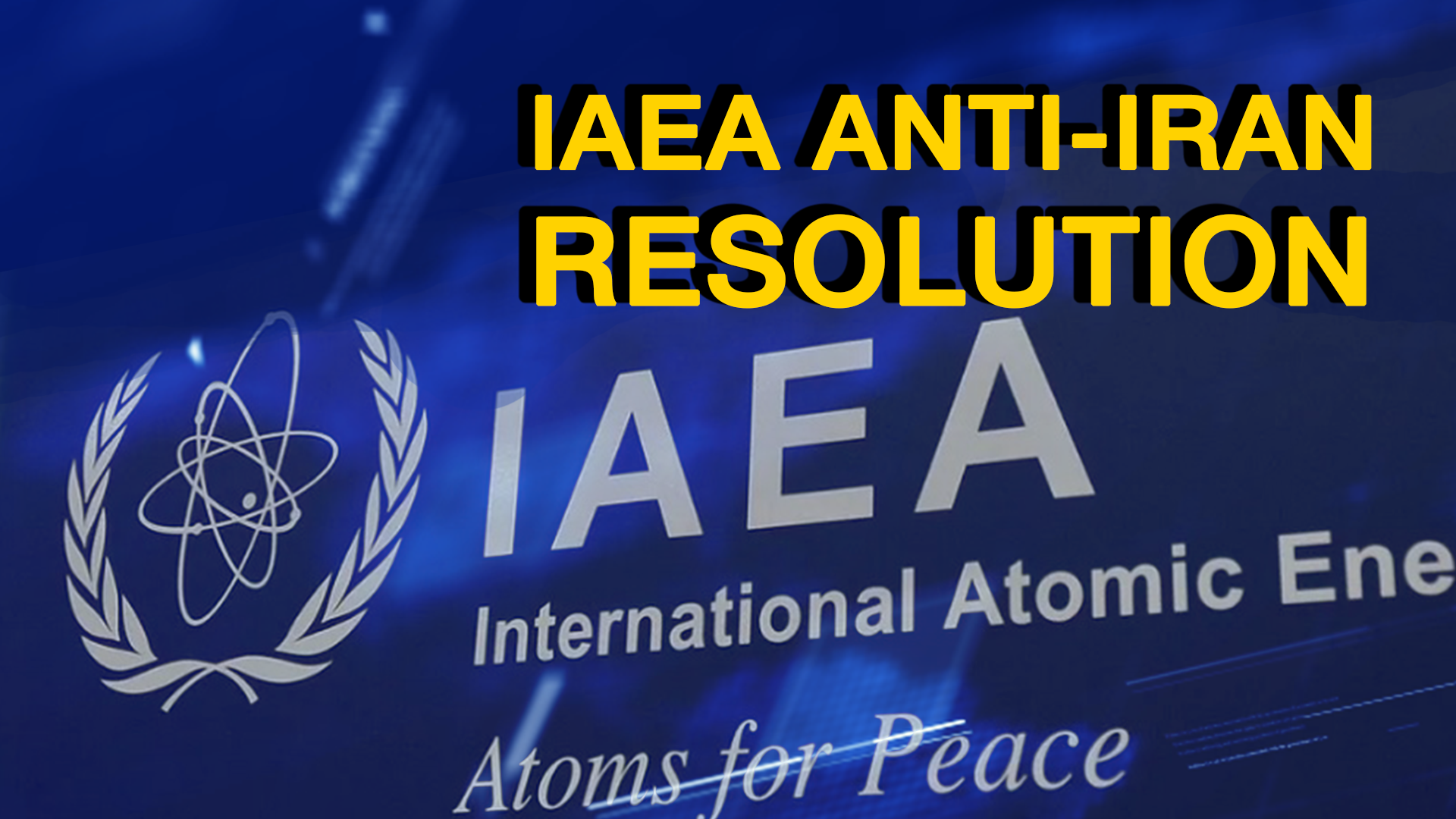

 This makes it easy to access the Press TV website
This makes it easy to access the Press TV website